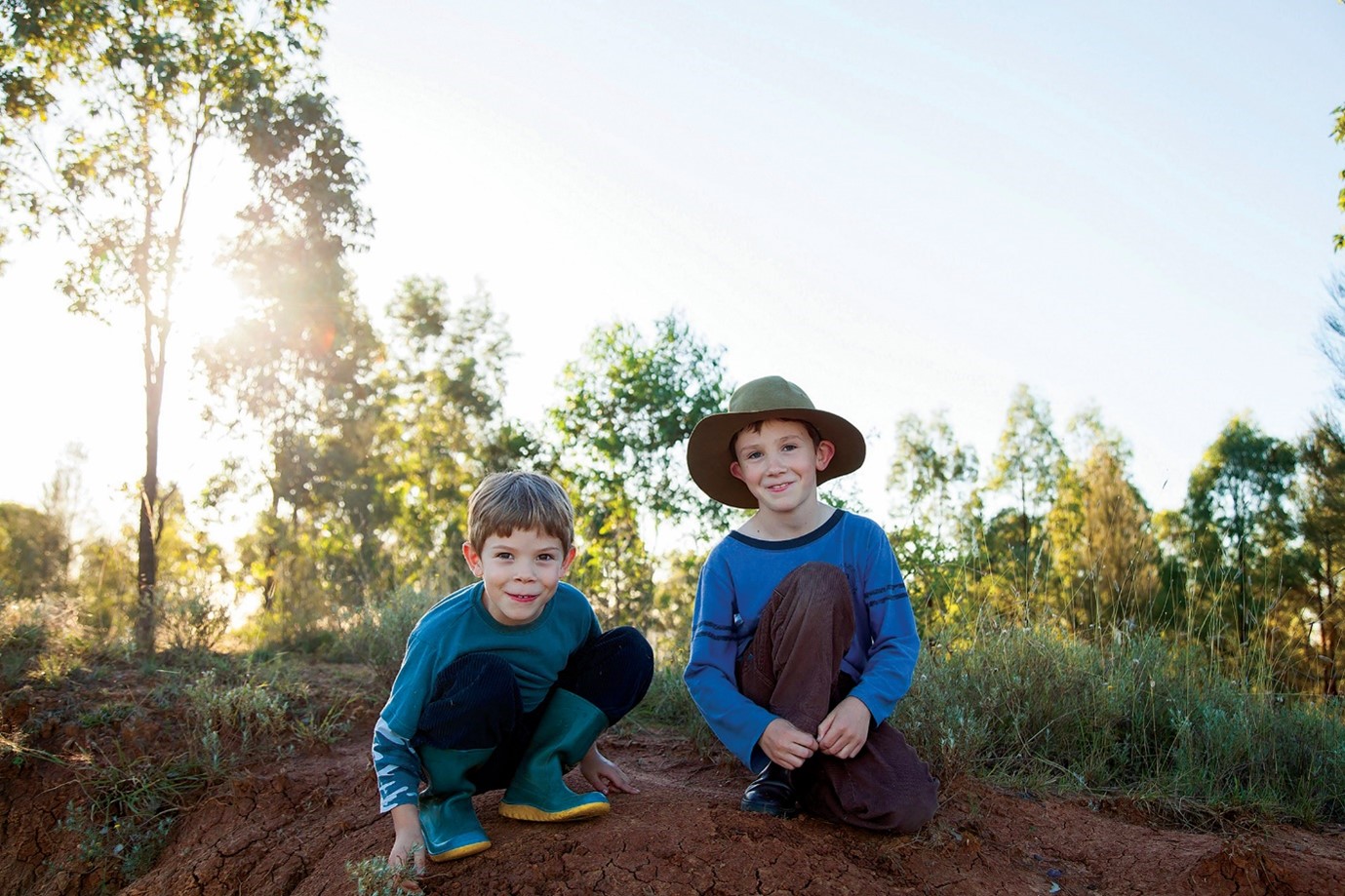News
VFFF Supports Rural and Regional Media
In June, VFFF Directors approved a special family distribution grant for $1.3m over three years to support the Guardian Australia in developing a rural and regional media network and the Centre for Media Transition (CMT) at the University of Technology, Sydney (UTS) to undertake research on post philanthropic business models which will support and sustain commercially viable news media enterprises in rural and regional Australia.

As part of the due diligence process, Fairfax family members told us that as VFFF started from a successful investment in media, supporting rural and regional media was a fitting way to honour the heritage of the Fairfax family.
Strong local media fosters a sense of cohesion and pride and is fundamental to a functioning democracy. It helps power commerce, sets local agendas, and keeps elected representatives honest. Local news and information are an anchor for a regional town or rural community. However, regional media has been in decline for some 10 years. Between 2008 and 2019, 194 rural and regional publications closed and in the past five years, more than 3000 journalists have lost their jobs. COVID-19 has escalated this decline.
The recent VFFF funded Regional Internship Program run by UTS canvased views on how rural communities were portrayed in mainstream media and found concern that rural and regional communities are being marginalised in national debates and the issues which they face are not being interrogated beyond the partisan attentions of their elected representatives. In other words, some in rural and regional communities felt ignored. The role of journalism to uncover, oversee and be a voice for these communities is being damaged by the problems in identifying viable business models for rural and regional news. How to make it sustainable is a burning issue in the sector.
The grant will support Guardian Australia (GA) in building a rural and regional reporting network, leveraging their previously implemented and successful ‘hub and spoke’ model. The network will be anchored by a rural and regional Commissioning Editor (the ‘hub’) who will build a network of trusted regional contributors (independent news groups, freelancers and other news sources) and employ five graduate journalists to be based in a rural community and report directly on local stories. The network will provide the ‘eyes and ears’ and local expertise to help commission stories and alert the Commissioning Editor to emerging rural and regional issues, which would then be fed into main stream media. Lenore Taylor, Editor in Chief at Guardian Australia, said she is excited “to have the opportunity to create a deep body of journalism explaining rural and regional issues for national and international audiences”.
CMT will conduct research on models which envisage a post-philanthropic future for rural and regional media, with a heavy focus on the benefits to democratic institutions of having rural and regional issues more embedded in national discourse via mainstream media. The research program will culminate in an Annual Rural and Regional Media Report which will be shared broadly and inform government (in considering policy interventions) and industry (on more localised solutions for sustainable rural and regional media) of the current state of play. This will include which business models are likely to be successful, what factors are influencing their development and what assistance is needed to ensure the benefits to democratic institutions, media freedoms and informed decision making continue to flow and become entrenched. Monica Attard, Co-Director of the CMT, stated that “in examining the Guardian Australia model and other initiatives, we will define a roadmap to assist mainstream media outlets to think about rural and regional areas in a more serious and sustainable way”.